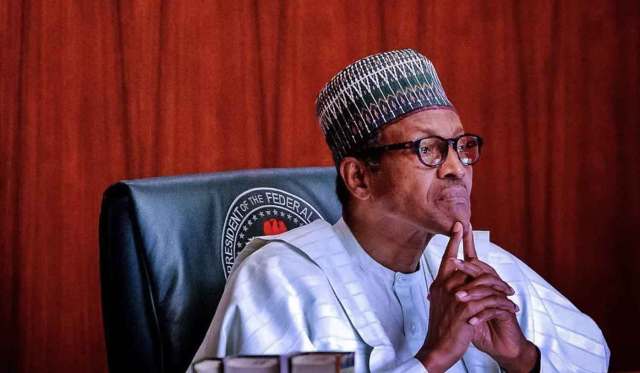Record shows that in the 1,126,211 households the Ministry of Humanitarian Affsirs indicatto have made the selective cash transfer, the northwest had the highest beneficiaries of 561,738, about 50% of the total beneficiaries. The northeast had 109,448 beneficiaries excluding Borno State that was listed then; the northcentral had 321,434 beneficiaries.
The proportion of the cash transfer that went to the northwest alone tripples the entire beneficiaries in the south of Nigeria. In the southwest record shows 37,904 benefited from the cash transfer; south-south had to 67,696 beneficiaries while southeast had 27,977 beneficiaries.
Detailed statistics shows that Katsina State, the origin -state of President Buhari had the highest beneficiaries among the 36 states of the federation with 33,227 beneficiaries.
The Ministry of Humanitarian Affairs had in response to President Buhari’s directive in his national broadcast on coronavirus update on March 30, commenced conditional transfer of N20,000 to poor households and the most vulnerable in Nigeria as palliatives to cushion the harsh consequences of the coronavirus lockdown order.
While the over 1.2 million beneficiaries is still doubted, President Buhari in his second coronavirus update national broadcast on April 13, directed an increase of beneficiaries from 2.6 million to 3.6 million households.
While the Minister of Humanitarian Affairs, Mrs. Sadiya Farouk, excluded citizens who have over N5,000 in bank account from the scheme, the transparency of the disbursement and veracity of the beneficiaries was questioned by the National Assembly and other Nigerians of goodwill.
However, the minister had in a media interaction in Abuja highlighted: “… we have three options. One, we are going to uste national social register that we already have. Two, we are also going to focus on the urban poor.. by using their verified BVN accounts to get them, that is, people that have an account balance of N5, 000 and below.
“We are also using the mobile networks, to know people that top up the credit units for their phones with maybe N100 or less. These are people that we consider to be poor and vulnerable.”

 Entertainment5 days ago
Entertainment5 days ago
 Comments and Issues1 week ago
Comments and Issues1 week ago
 Comments and Issues1 week ago
Comments and Issues1 week ago
 Health7 days ago
Health7 days ago
 Comments and Issues1 week ago
Comments and Issues1 week ago
 Health3 days ago
Health3 days ago
 Football7 days ago
Football7 days ago
 Football7 days ago
Football7 days ago

